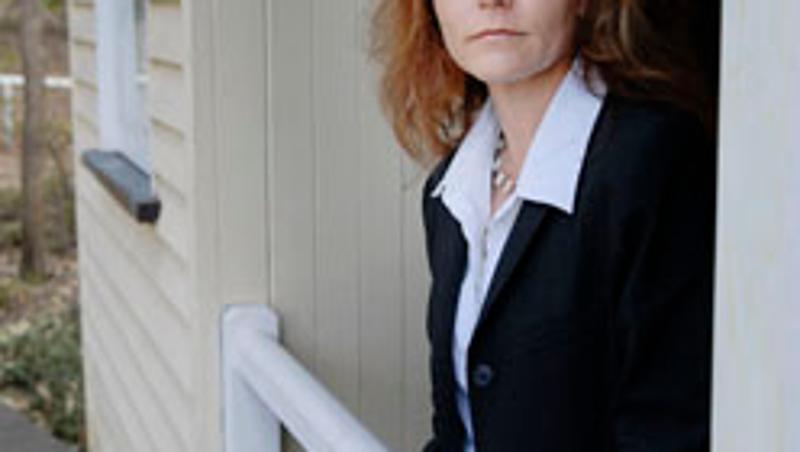
Children labelled as ADHD need help to understand medication is not a "cure-all" for behavioural difficulties, according to a Queensland University of Technology (QUT) researcher.
Sociologist and teacher Dr Beryl Exley said recent public concerns about the so-called "behaviour crisis" in schools, and the side effects of ADHD medication, didn't take into account the emotional cost to children themselves.
Dr Exley studies children's identities and social categories, and has spent a decade talking to teachers and children about issues such as ADHD - Attention Deficit Hyperactivity Disorder.
The education researcher said she was concerned children labelled ADHD had little understanding of their "disorder", the purpose of medication and the importance of non-medicated alternatives.
Dr Exley said she believed it was the responsibility of doctors, teachers and parents to help children understand.
"Children don't necessarily understand what their supposed condition is, nor why they are on medication, what the medication is supposed to achieve and what the alternatives are," she said.
"Many children also seem to think if they have more medication, they might be better behaved ... this could see children growing up thinking medication might have all the answers.
"But medication isn't quite the solution that it's pitched to be ... children who are medicated still experience tensions in their social relationships and there is a lot of power in those relationships."
The researcher in the Centre for Learning Innovation at QUT said schools could also rethink their physical structure to provide spaces that were quiet and uncluttered, and free from noise, to support children labelled ADHD.
"They need a time-out zone that's not a discipline space but a place to catch their breath and re-enter the classroom," she said. "Also, more flexibility in curricula content and the pacing of learning episodes would help so the children don't have to keep pace with traditionally structured lessons that may not interest them or may take place when their mind isn't on the job."
Dr Exley said it was important for society - especially doctors, teachers and parents - to "bust" perceptions commonly held by school children about ADHD and the role of medication.
She said these misconceptions included: that you could "catch" the disorder; that increasing medication would improve behaviour; or that children labelled ADHD were anti-intellectual.
Dr Exley said an education campaign would be a good first step in attempting to reduce the stigma attached to the ADHD label.
"There's something in the labelling that is very disabling to young people," she said. "We're not talking about evil monsters, or unlovable children... these kids are often the most creative in the classroom. From my experience, they've been fantastically creative thinkers."
Media contacts: Carmen Myler, QUT media officer - (07) 3864 1150.
**High-resolution images of Dr Exley are available for media use.**




